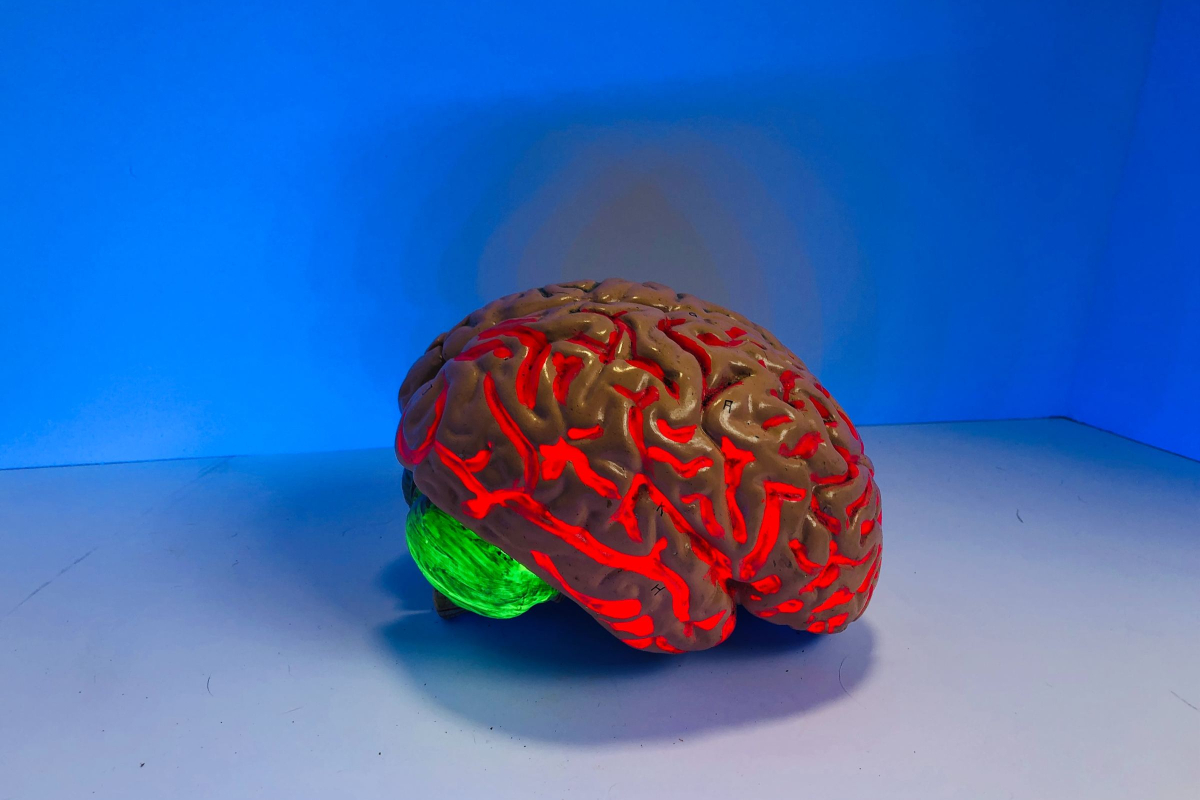Traumatic brain injuries are a serious concern in just about every sport. When it comes to contact sports, traumatic brain injuries are even more serious. There has been a significant amount of research performed regarding traumatic brain injuries in an effort to make them less likely. Now, it appears that the FDA has thrown its entire support behind a new device that may reduce the frequency of traumatic brain injuries.
This novel device has been authorized in athletes who are 13 years of age and older. It has already been listed as being useful in soccer, football, and other sports that have high impacts. This is a device that is shaped like a C and is called the Q-collar. It fits around the neck, back, and clamps down on blood vessels in this part of the body. As a result, the device has been designed to increase the amount of blood volume located in the skull. With extra blood, the movement of the brain is limited. Because the brain is unable to strike the side of the skull, it limits the amount of damage that someone can sustain on impact.
Right now, there are still imaging techniques being studied with respect to traumatic brain injuries. There are 300 participants who have been imaged before and after the season. The researchers found that those who wear the Q-collar sustained less damage. The collar has also been worn by famed middle linebacker Luke Kuechly, who played his entire career with the Carolina Panthers in Charlotte; however, he was forced to retire at age 28 due to the multiple traumatic brain injuries that he sustained during the course of his career. He can be seen wearing this novel device during his final few days with the Panthers in the NFL.
Right now, the Q-collar is still being researched; however, it appears to hold a lot of promise for athletes everywhere. It will be interesting to see how research continues to unfold. If the results are consistent, this device could come as a welcome development regarding the prevention of traumatic brain injuries in athletes. It might be worn by athletes in all contact sports.


